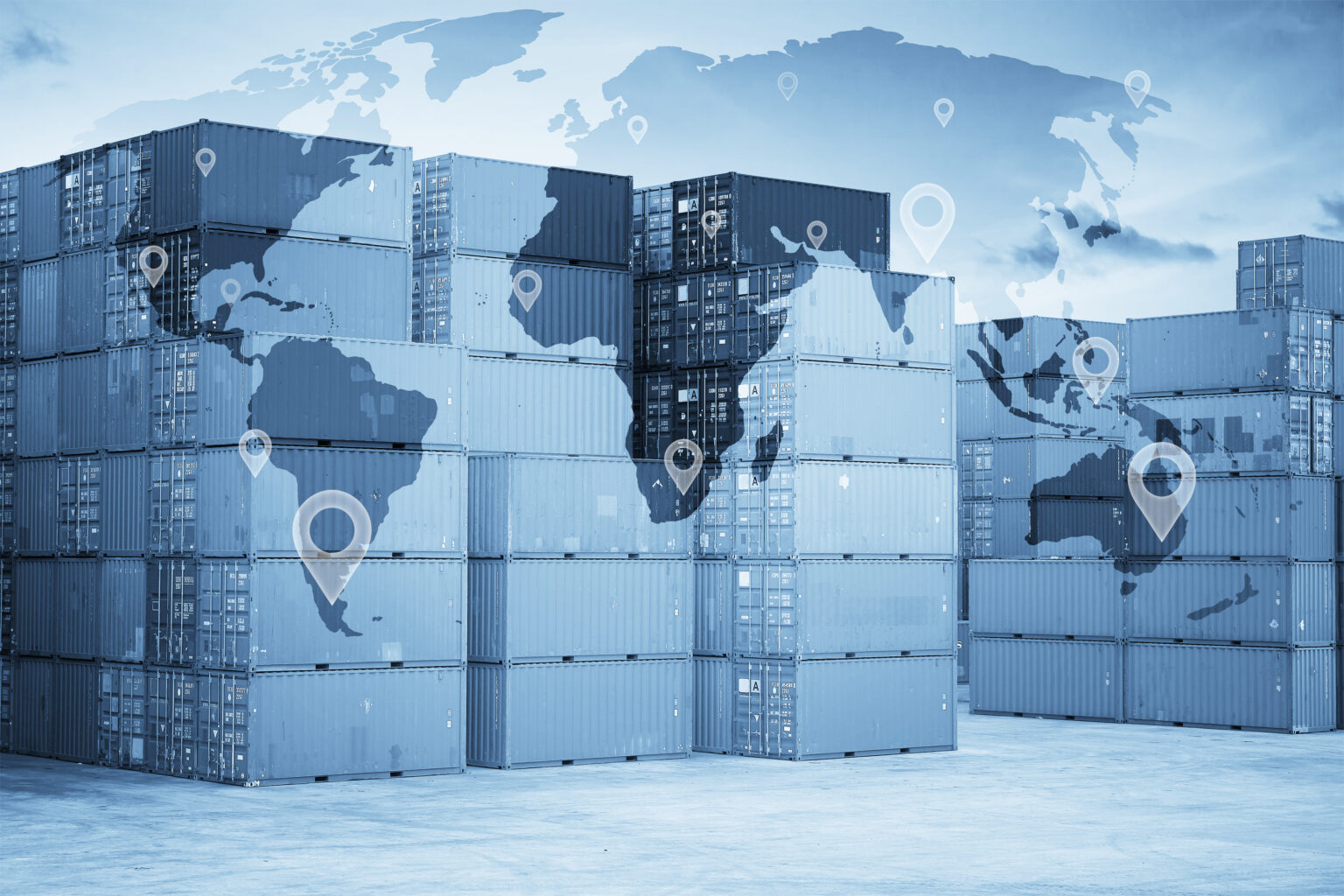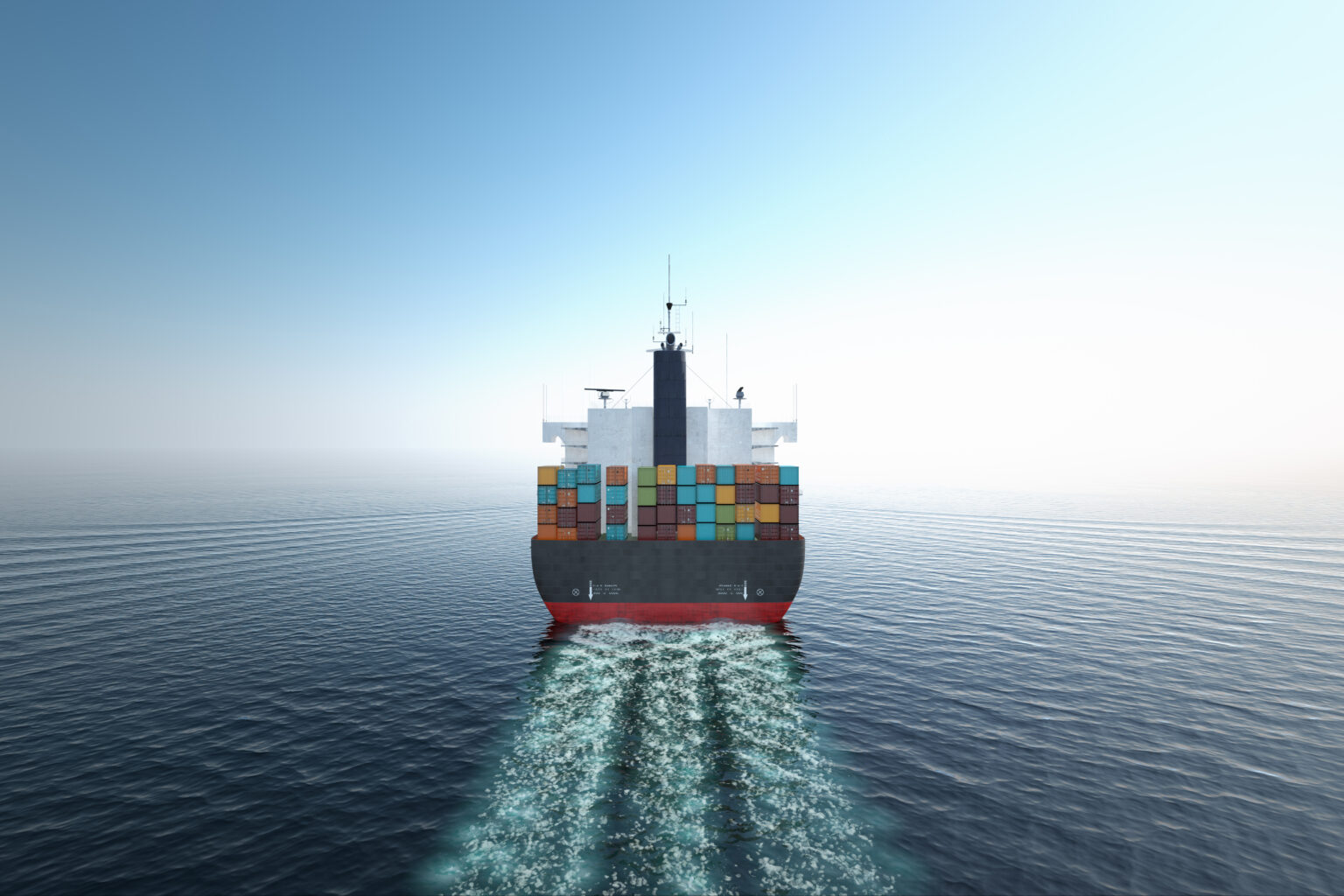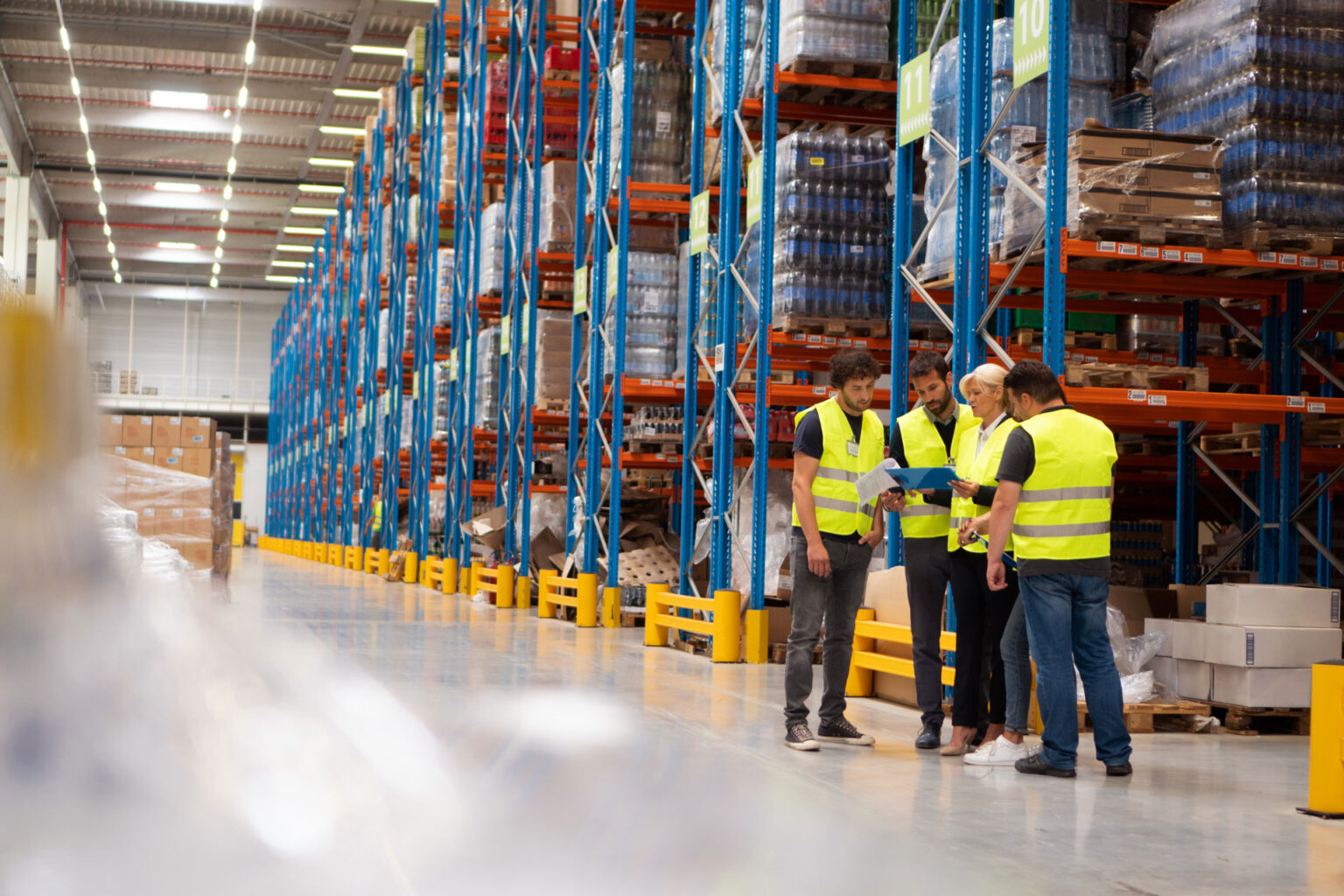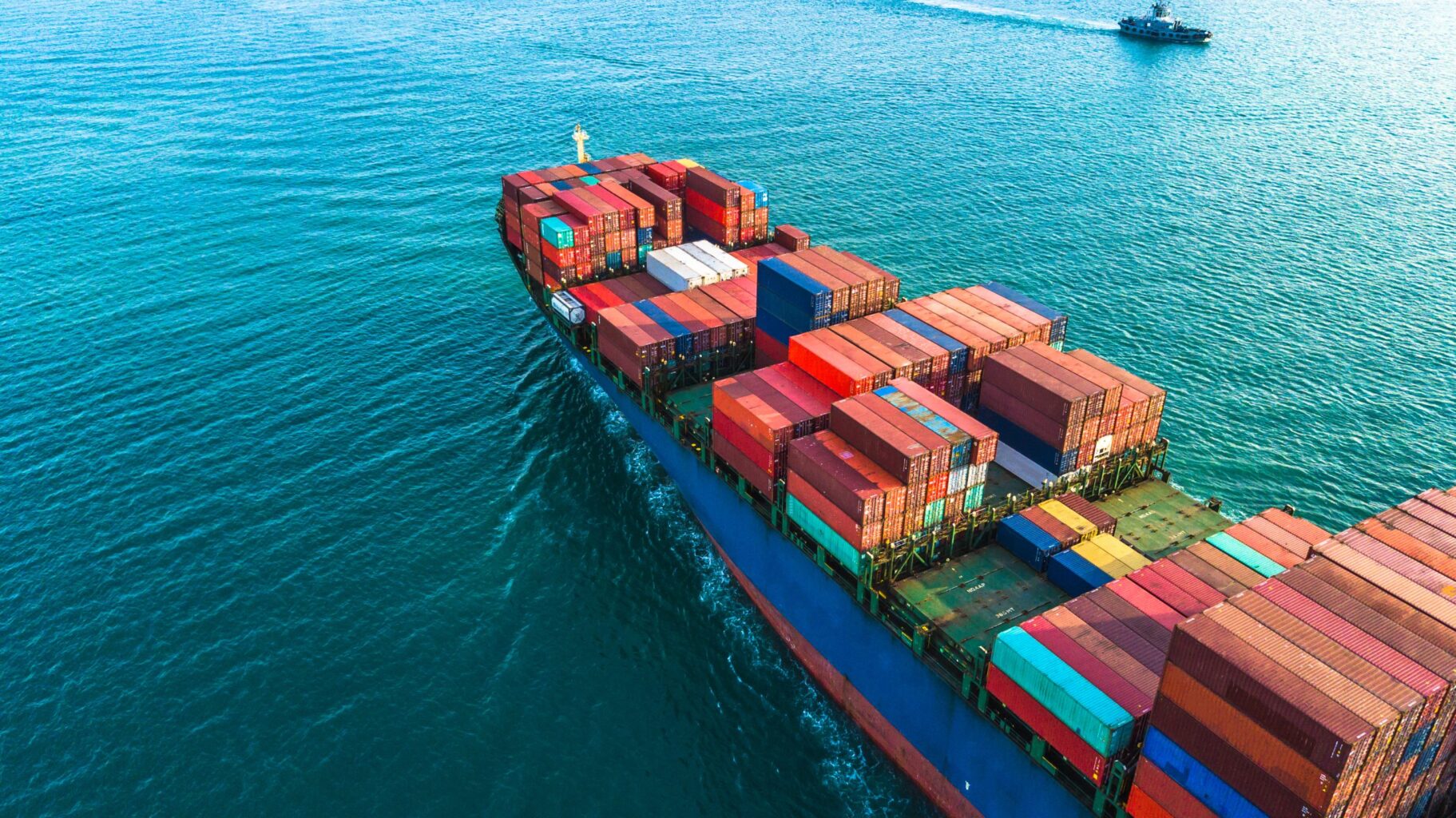28/10/2021
Maritime transport via Montreal: expansion of the Contrecoeur terminal
Summary
This past February 1st, the Montreal Port Authority (MPA) unveiled its project to develop a new container terminal in Contrecoeur. This major project will support the growth of the container market, a sector that significantly impacts the economic development of Montreal, the province of Quebec, as well as Eastern Canada. In a presentation to the Board of Trade of Metropolitan Montreal (CCMM) on May 14, Mrs. Sylvie Vachon, CEO of the Port of Montreal, unveiled the 3 axes surrounding the development of the Port in the coming years, aimed at supporting the growth of maritime transport:
- Optimizing infrastructures
- Leveraging innovation
- Proceeding with the Contrecoeur terminal expansion as announced in February 2018
On the occasion of Ms. Vachon’s visit to the CCMM, the Honourable Marc Garneau, Canada’s Minister of Transport, announced a $ 45.8 million investment for the extension of Boulevard de l’Assomption in Montreal. The CEO of the MPA welcomed this announcement, highlighting the importance of this access road to facilitate traffic to and from the Port of Montreal.
In this article, we will address the expansion of the Contrecoeur terminal, which is expected to positively impact our maritime transport business.
Maritime transport via Montreal: a sustained growth pattern
In a few years, The Port of Montreal expects to have reached maximum container handling capacity at its facilities on the island of Montreal. In fact, according to containerized traffic forecasts, Montreal will see the number of containers to be handled increase by more than 70% by 2030, from about 1.5 million containers today to nearly 2.5 million containers annually. Since the Port’s current capacity is around 2.1 million containers (once the 2nd phase of the Viau terminal is completed) , a solution was needed to accommodate this growth.
According to Sophie Roux, Vice President of Public Affairs at the Port of Montreal, it is only “prudent to plan for sufficient capacity in order to cope with this growth. ”
Phase 1 of the Contrecoeur project, estimated at $ 750 million, will provide the Port with an additional annual capacity of 1.15 million containers by 2024
Its location is strategic, as it fulfills many of the needs and criteria for container handling, such as:
- Proximity to railroad and highway networks
- Site surface and geometry
- Flexibility of site layout
- Minimal impact on natural and social environments
Good news for importers and exporters
In the prevailing economic context, and with the upcoming Comprehensive Economic and Trade Agreement between Canada and the European Union (among other things), this announcement harkens new opportunities for Québec among the world’s major world trade players. The Contrecoeur terminal will undoubtedly boost the operations of Quebec’s exporters and importers.
This will have a significant impact for all economic stakeholders in Montreal’s shipping industry, who will benefit from the presence of new companies, attracted by the new terminal project, thus allowing them to set up operations locally, thanks to changes in zoning bylaws.
Few relevant numbers to this effect
- $ 750 million investment
- When in full operation: 1,150,000 containers per year
- Creation of 5,000 jobs during construction
- Creation of 1,000 direct jobs thereafter
Addressing environmental issues
Environmental and ecological aspects were considered: the relevant environmental studies can be found on the Canadian Environmental Assessment Agency (CEAA) Website. Adequate measures will be taken to respect the environment. According to the Board of Trade of Metropolitan Montreal, such a project “undertaken according to best practices, both from an engineering and socially-responsible perspective, taking into account both safety and ecology, should be viewed in a positive light.”
Sources:
- https://www.port-montreal.com/fr/agrandissement-contrecoeur.html
- http://www.ccmm.ca/en/news/blog_three-ways-to-pursue-the-expansion-of-the-port-of-montreal/
- http://www.lapresse.ca/affaires/economie/transports/201802/01/01-5152208-contrecoeur-un-terminal-maritime-de-650-millions-et-de-1000-emplois.php
- http://www.ccmm.ca/en/news/blog_contrecoeur_port_terminal_a_decisive_project_for_the_city/
- https://ici.radio-canada.ca/nouvelle/1081493/developpement-port-montreal-contrecoeur-rainette-faux-grillon-poisson-impact-etude-environnement
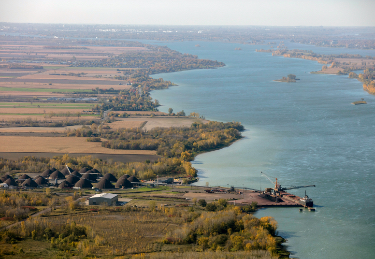
You may also like...
Our team looks forward to working with you.



